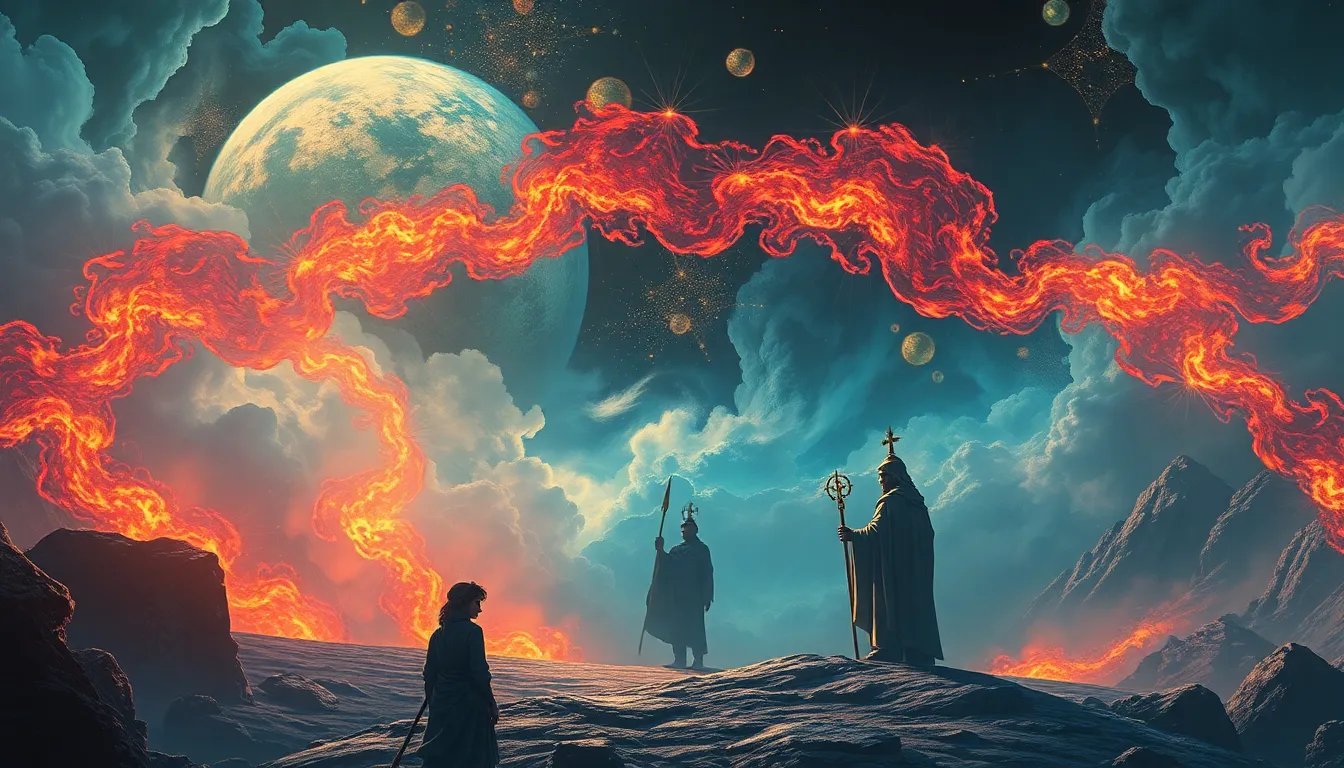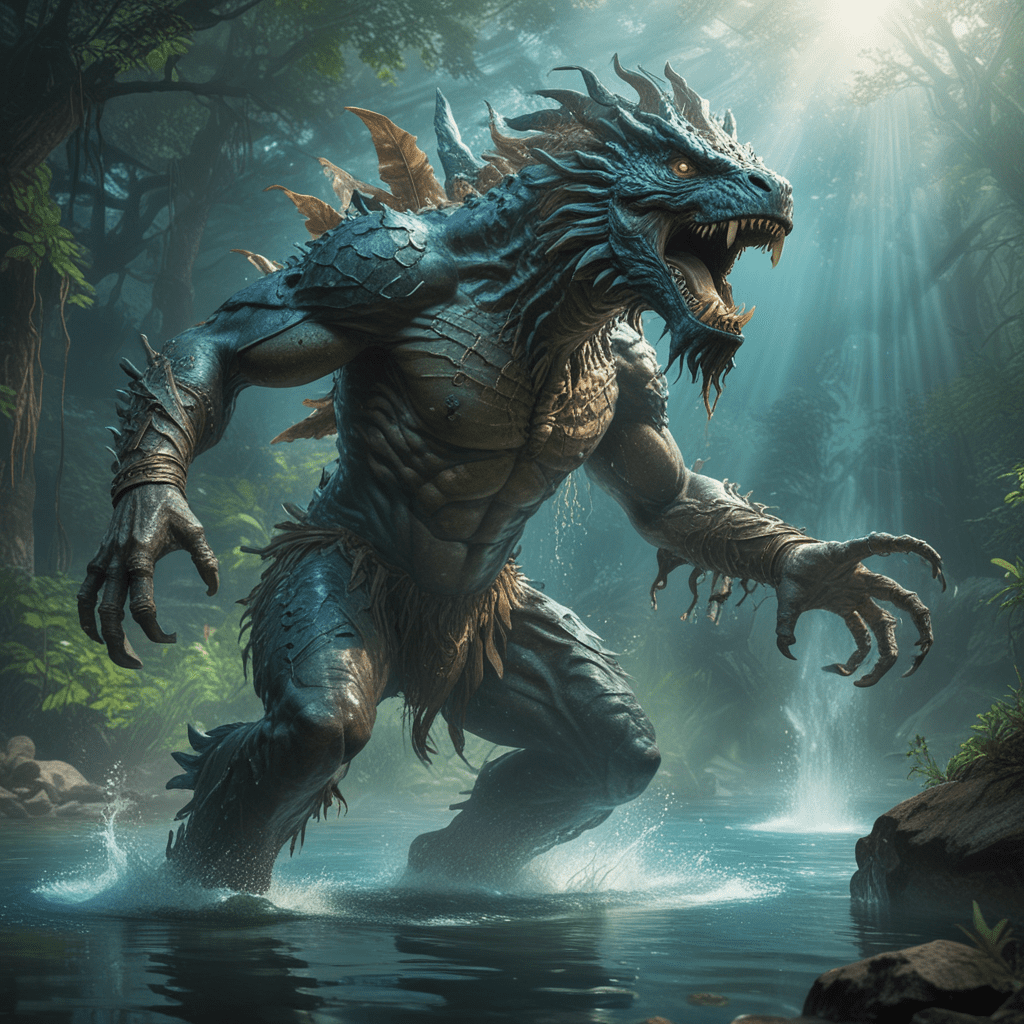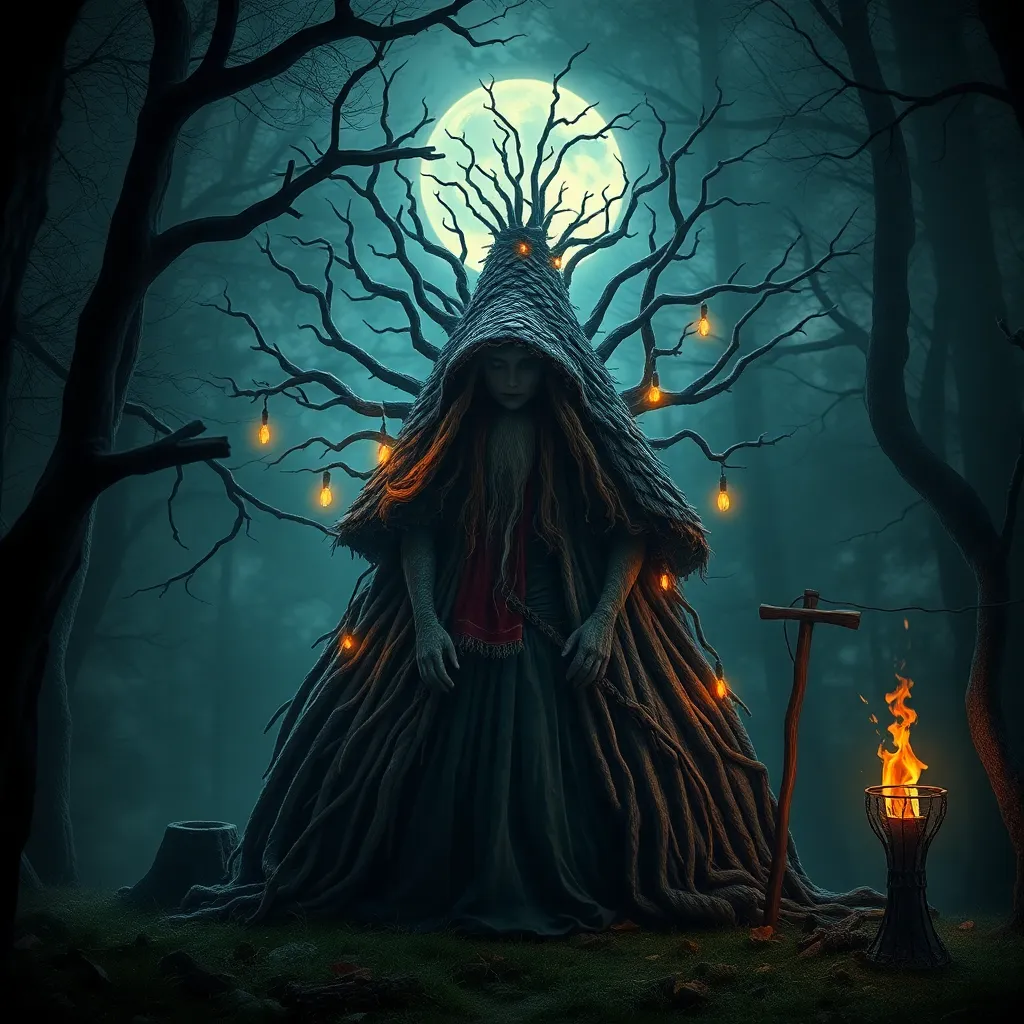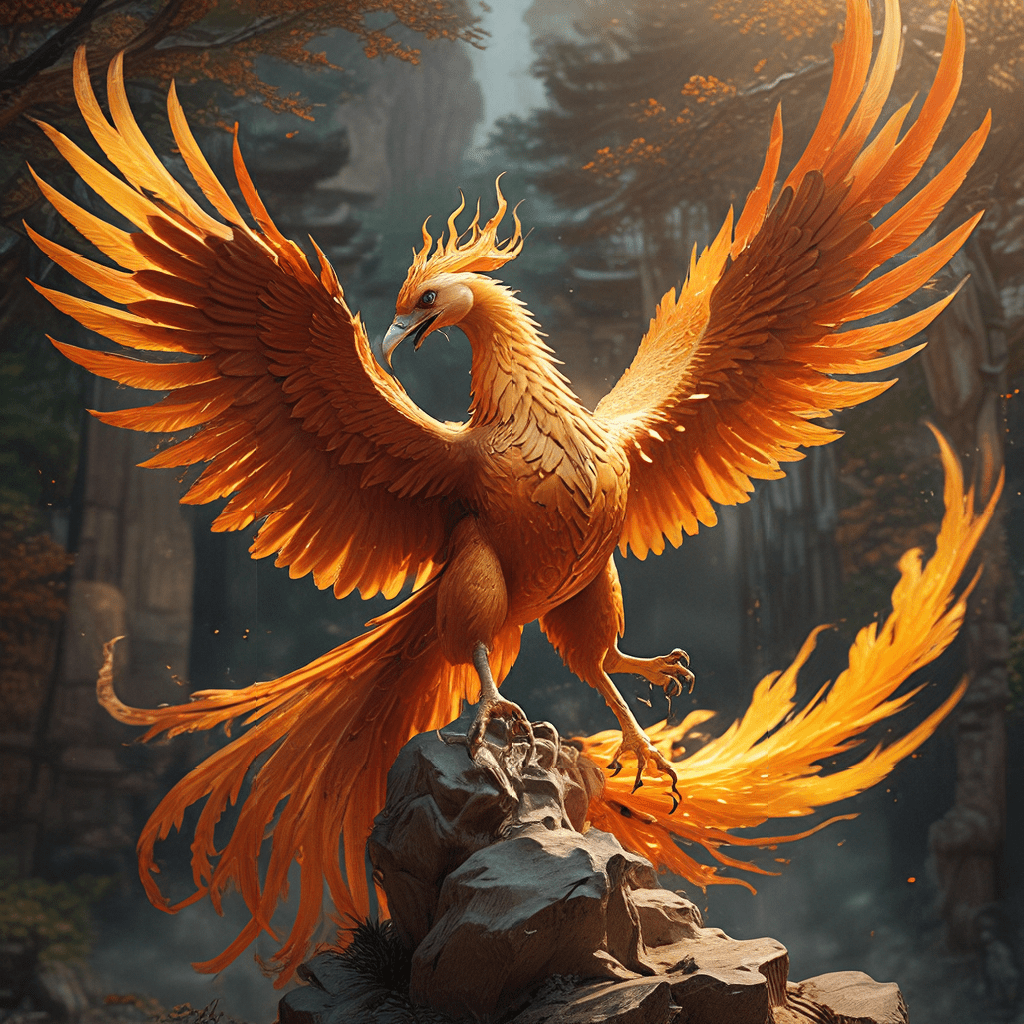Cultural Heroes: The Mythical Figures Behind Great Achievements
I. Introduction to Cultural Heroes
Cultural heroes are figures who embody the ideals, values, and aspirations of a society. These individuals often emerge from myths and legends, representing both extraordinary achievements and the qualities that a culture holds in high regard.
Myths and legends play a crucial role in shaping societal achievements, serving as inspiration and guiding principles for generations. Through this article, we will explore the significance of cultural heroes, their historical context, and their influence on modern society.
II. The Role of Mythology in Shaping National Identity
Myths contribute significantly to national pride, providing a narrative that unites people around shared values and history. They often serve as a foundation for cultural identity, helping societies to understand their past and envision their future.
A. Case studies: The myths of Hercules in Greece and King Arthur in Britain
The myth of Hercules, known for his strength and heroic feats, embodies the Greek ideals of courage and perseverance. Similarly, King Arthur represents nobility and chivalry in British folklore, symbolizing the quest for justice and unity.
B. The impact of these narratives on cultural values
Both figures inspire a sense of belonging and moral guidance, illustrating how mythology shapes the values of a nation. These narratives encourage traits such as bravery, honor, and sacrifice, which are essential in forming a cohesive national identity.
III. Legendary Figures in Literature and Their Influence
Literature is filled with legendary heroes who have left a profound impact on cultural narratives. Characters such as Odysseus from Homer’s “The Odyssey” and Beowulf from the Old English epic serve as archetypes of heroism.
A. Exploration of literary heroes
Odysseus, known for his cleverness and resilience, reflects the human struggle against adversity. Beowulf, on the other hand, exemplifies strength and bravery in the face of danger. Both characters have transcended their stories to become symbols of the heroic ideal.
B. The intersection of literature and historical reality
These figures often blend myth with historical elements, allowing readers to draw parallels between fictional narratives and real-life challenges. Their journeys resonate across cultures and eras, influencing the way we perceive heroism.
C. Influence on modern storytelling and cultural narratives
Modern storytelling continues to draw inspiration from these legendary figures, shaping narratives in films, literature, and even video games. The archetypal hero’s journey remains a powerful template for developing compelling characters and plots.
IV. The Evolution of Cultural Heroes Through Time
The portrayal of cultural heroes has evolved over time, reflecting societal changes and evolving values.
A. Changes in the portrayal of heroes across different eras
Ancient heroes were often depicted as larger-than-life figures, while modern heroes may embody more relatable qualities, such as vulnerability and complexity.
B. Transition from ancient to modern heroes
The transition from figures like Achilles, who represents raw power and honor, to contemporary superheroes like Spider-Man, who grapples with personal challenges, highlights the shift in societal expectations of heroism.
C. Case studies: From Achilles to modern superheroes
- Achilles: A symbol of martial prowess and honor in the Trojan War.
- Spider-Man: A hero who faces everyday struggles, making him relatable to modern audiences.
V. Cultural Heroes and Their Role in Social Movements
Mythical figures often serve as powerful symbols in social movements, inspiring individuals to fight for change and justice.
A. How mythical figures inspire real-life activism
These heroes represent the ideals of courage and perseverance, motivating people to take action against oppression and injustice.
B. Examples of cultural heroes in civil rights movements
- Rosa Parks: Her refusal to give up her bus seat became a symbol of the fight against racial segregation.
- Nelson Mandela: A figure of resistance against apartheid, embodying resilience and forgiveness.
C. The power of narrative in mobilizing change
The stories of these heroes resonate deeply, galvanizing support and action toward social justice and equality.
VI. The Psychological Impact of Cultural Heroes
Cultural heroes also play a significant role in psychology, serving as archetypes that resonate with human experiences.
A. The role of archetypes in human psychology
Archetypal heroes represent universal themes that reflect our struggles and aspirations, making them relatable across cultures.
B. How heroes inspire personal and collective aspirations
They encourage individuals to strive for greatness, embodying the ideals of courage, sacrifice, and determination.
C. The concept of the “hero’s journey” in personal development
The hero’s journey, a narrative framework identified by Joseph Campbell, illustrates the transformative process individuals undergo in overcoming challenges and achieving personal growth.
VII. Cultural Heroes Across Different Societies
A comparative analysis of hero figures reveals both common themes and unique variations across cultures.
A. Comparative analysis of hero figures in various cultures
Indigenous heroes, African folklore, and Asian legends each offer distinct perspectives on heroism.
B. Common themes and unique variations
- Common themes: Bravery, sacrifice, and the fight for justice.
- Unique variations: Different cultural contexts shape the attributes and stories of heroes.
C. The global relevance of cultural heroes
As cultures intertwine in a globalized world, understanding these heroes fosters cross-cultural appreciation and dialogue.
VIII. The Dark Side of Cultural Heroes
While cultural heroes inspire, they are not without flaws. A critical examination reveals the complexities of their legacies.
A. Critique of flawed heroes and their legacies
Many heroes have controversial aspects to their lives, highlighting the dichotomy between their achievements and personal shortcomings.
B. The danger of idolization and the impact on societal norms
Idolizing flawed heroes can lead to unrealistic expectations and a failure to recognize their complexities.
C. Case studies: Historical figures with controversial pasts
- Christopher Columbus: Celebrated as a discoverer yet criticized for his treatment of Indigenous peoples.
- Thomas Jefferson: A founding father associated with freedom but also a slave owner.
IX. The Future of Cultural Heroes in a Globalized World
As society evolves, so too does the concept of cultural heroes, influenced by technology and global interconnectedness.
A. The impact of technology and media on perceptions of heroes
Social media and the internet have democratized the creation and dissemination of heroic narratives, allowing diverse voices to emerge.
B. Emerging heroes in contemporary society
- Climate activists: Figures like Greta Thunberg challenge societal norms and advocate for environmental justice.
- Tech innovators: Leaders in technology who drive change through innovation and creativity.
C. The potential for new narratives in an interconnected world
The blending of cultural narratives allows for the emergence of new heroes who reflect contemporary values and challenges.
X. Conclusion: The Enduring Legacy of Cultural Heroes
In summary, cultural heroes are vital to understanding the human experience. They embody our collective aspirations and reflect the values of society. As we navigate an ever-changing world, the stories of these figures continue to




